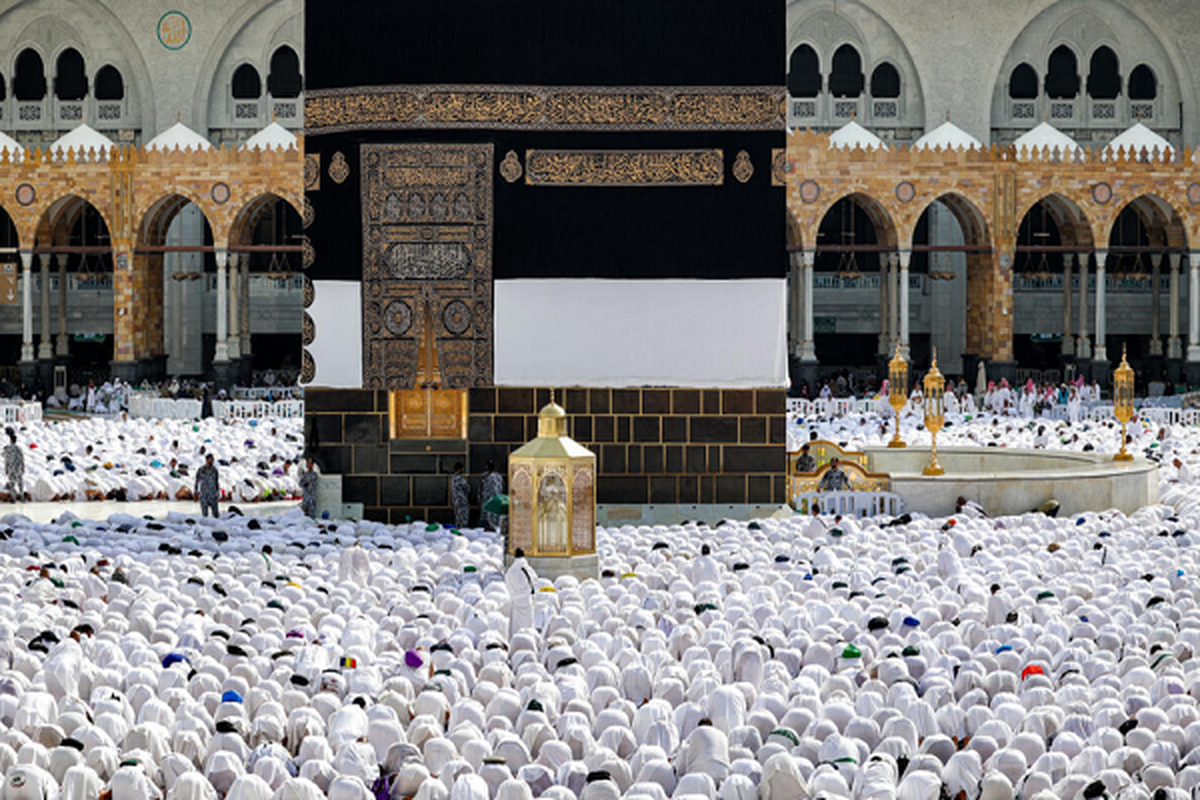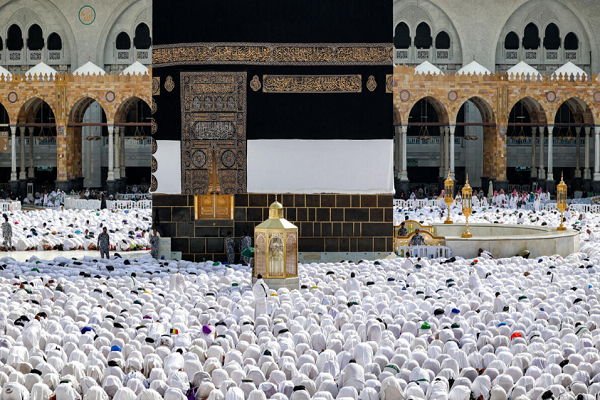Hajj An Opportunity for Self-Improvement


God says in Verse 197 of Surah Al-Baqarah, “The pilgrimage is in the appointed months. (For) whosoever undertakes the pilgrimage there is no approaching (women), neither transgression nor disputing in the pilgrimage. Allah is Aware of whatever good you do. Provide well for yourselves, the best provision is piety. Fear Me, O owners of minds.”
The word Rafatha means sexual intercourse and the word Fusuq refers to telling lies, using curse words and having quarrels.
This verse indicates that this divine obligation (Hajj) is accompanied by ethical and behavioral restrictions. Behaviors such as inappropriate speech, disobedience, and disputes are prohibited during the days of Hajj, and there is an emphasis on abstaining from them.
The verse then says, “Provide well for yourselves,” which means preparing provisions for one’s spiritual path. Taqwa (piety) in the verse is introduced not just as a goal of Hajj but also as the best provision on the path of religious life.
Read More:
Hajj, therefore, is a ritual in which practicing ethical behavior, letting go of ego, and focusing on sincere devotion form its central essence.


